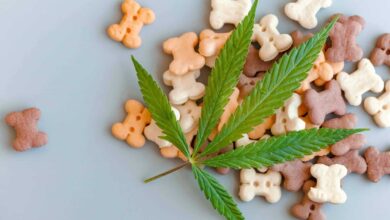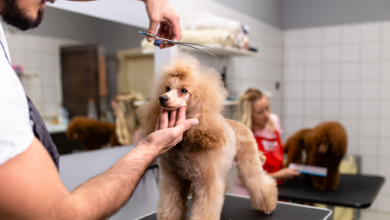5 Tips For Improving Your Dog’s Health And Diet – 2024 Guide
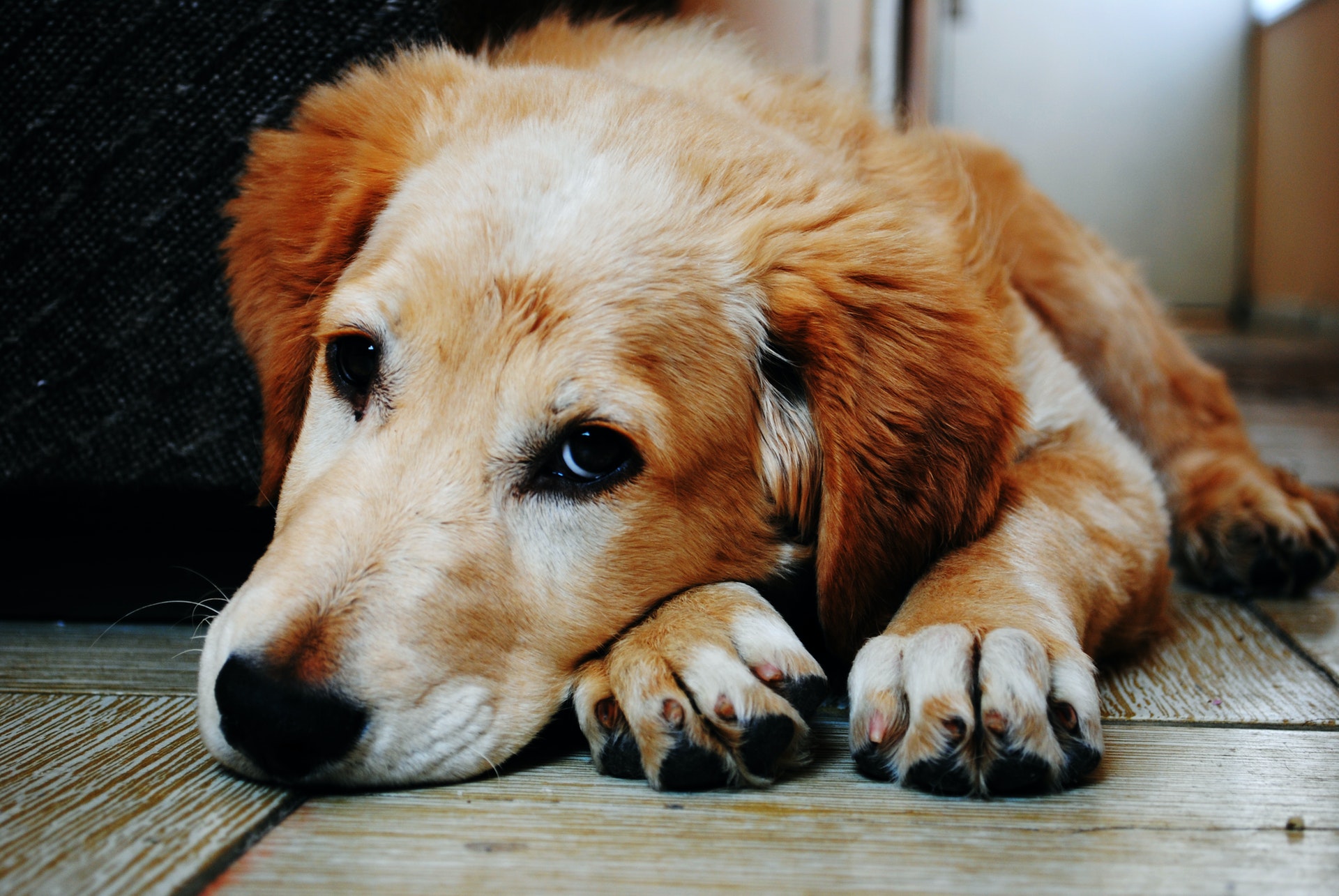
It is clear to every dog owner that a dog’s health, happiness, fitness, and vitality – are always in the first place. A healthy dog is a happy dog. Unconditional love for our dogs deserves protection. Investing in a good pet insurance plan like those that Bivvy pet insurance offers can provide you with peace of mind knowing you’re prepared for your pet’s unexpected expenses. Click here to find out more about Bivvy. Since health comes through the stomach – the nutrition of your pet is of great importance for the quality and length of his life. Therefore, read the 5 tips for improving your dog’s health and diet.
How To Feed A Dog To Live To An Old Age?
Dogs are carnivores by their origin, body structure – and structure of their digestive system. However, the dog’s diet today is not only based on meat – but also nutrients of plant origin. Today, the dog has become omnivorous – and its diet increasingly uses factory-produced briquettes, floury, granulated, and canned food. On the other hand, raw and home-made foods are less used in the diet of dogs. Today, you can find a large selection of foods intended for specific types of dogs. Such foods should contain all the necessary nutrients for the proper growth and development of dogs. Concerning the needs for nutrients, we can buy ready-made dog food in specialized pet shops. There, we can find food for puppies, growing young dogs, pregnant and lactating females – as well as food for sick animals, convalescent, etc.
However, a dog’s diet depends mostly on its breed and genetic origin. Raising public awareness about the connection between diet and health in dogs – will stimulate a larger number of people to take more care of their pets.
Balanced Dog Diet
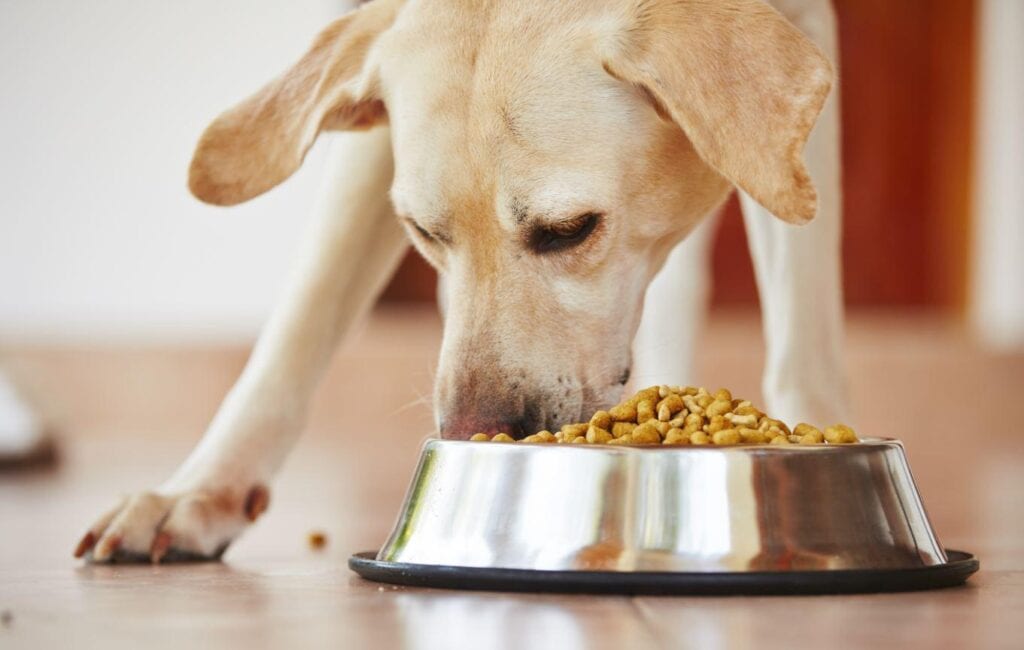
A balanced diet for your pet is very important for his health, fitness, and longer life. If the meal is not properly balanced, if the dog lacks some food ingredients, or has them too much – many disorders in the body can occur. Sometimes, even some diseases can develop due to an unbalanced diet. As a consequence of the unadapted diet and the disproportionate presence of certain substances – some specific diseases in dogs can consequently develop. For example, the appearance of crystals in the urine or bladder stones, hypertension, and other cardiovascular diseases, problems with the pancreas and liver – are just some of the possible diseases.
Tips For Improving Your Dog’s Health And Diet
1. Look at the ingredients on the dog food label
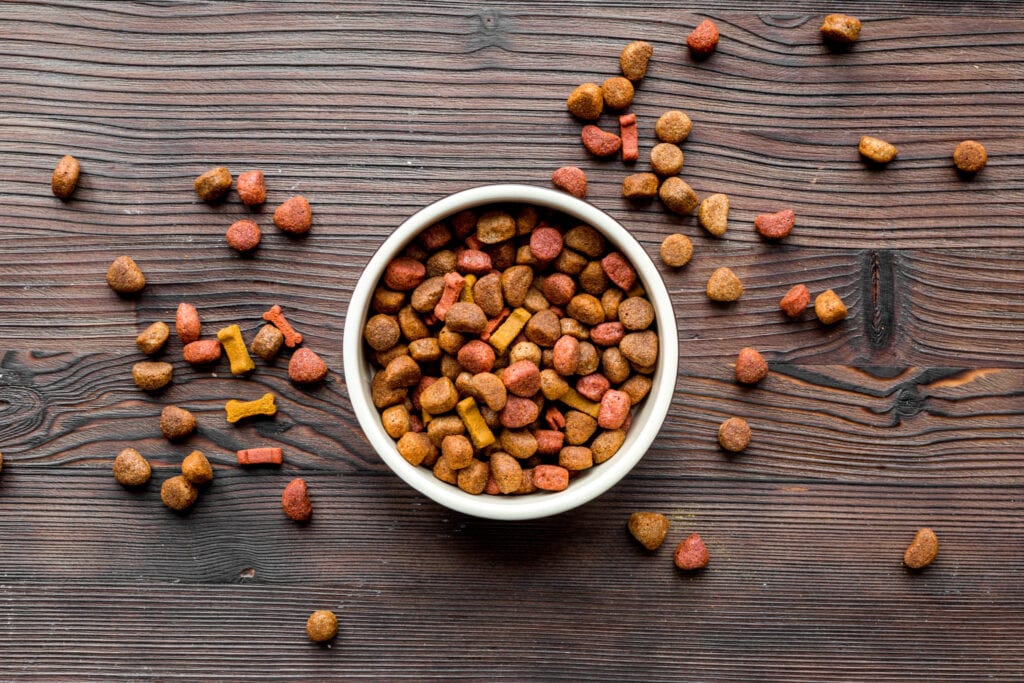
The dog’s health state will depend primarily on his well-balanced diet. So pay attention to the ingredients of the food you give him. These ingredients should definitely find their place on your pet’s menu. Therefore, according to DogStruggles.com, a balanced level of proteins, carbohydrates, fats, minerals, and vitamins – is key to your pet’s perfect health. However, keep in mind that feeding a dog and the size of the portion – depends on several factors. Dogs’ needs for nutrients can vary – depending on physical activity, age, reproductive status, health, etc. Therefore, the dog’s diet must be adjusted to fit these parameters.
2. A few tips on vitamins
Vitamins are organic substances necessary for metabolism – and are catalysts of chemical reactions in the body. Vitamin A is important for the protection of the organism and growth – while the B complex of vitamins play a significant role in the trade of carbohydrates, proteins, and fats. Vitamin E is important for reproduction – and vitamin K is important for blood coagulation. Some vitamins dogs get exclusively from food – and some, like vitamin C, they get through their own synthesis. Sufficient amounts of vitamins B and K – must be provided to dogs through food. Today, special vitamin supplements are used in the dog’s diet.
3. Portion Size
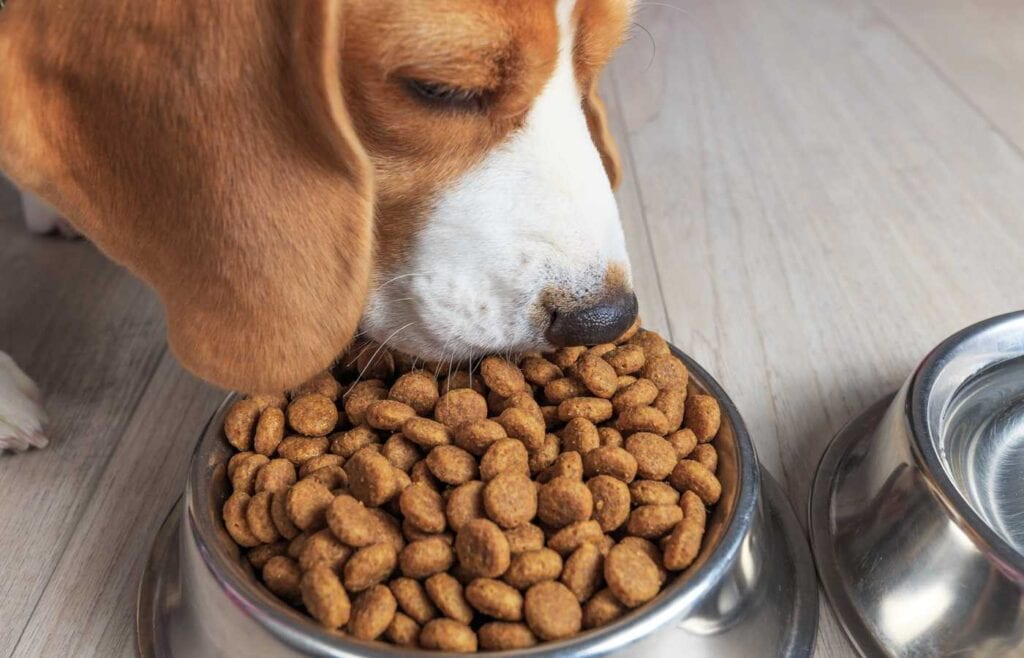
How large portions will you provide for your dog depends on several factors. You have to keep in mind the dog’s age, breed, size, but also activity level. Remember the basic rule: Smaller dogs and puppies will burn more calories. Therefore, they need to be fed more than once with food that is rich in proteins and fats. Older dogs, who are not so active, need less food in order to stay healthy. The best approach is to adjust the amount of food that seems reasonable to you. Of course, you should keep an eye on your dog’s weight.
4. Feeding
As good and quality food has a positive effect on the lifespan of our pets – so excessive feeding, even with the highest quality food, has negative repercussions. Therefore, the important question is, how many times a day should a dog be fed? Although there are several different opinions about it – in general, puppies should eat several times a day. Namely, their metabolism is much faster. You can feed them three times a day – no more than that is necessary. When the dog is one year old, he has reached full maturity. After this period, his diet will remain the same for the rest of his life – assuming he is not ill or exposed to increased physical activity. His weight should be constant and his body proportional. For a normal weight dog – you must feel the ribs with your fingertips under a thin layer of fat.
5. With or without cereals?
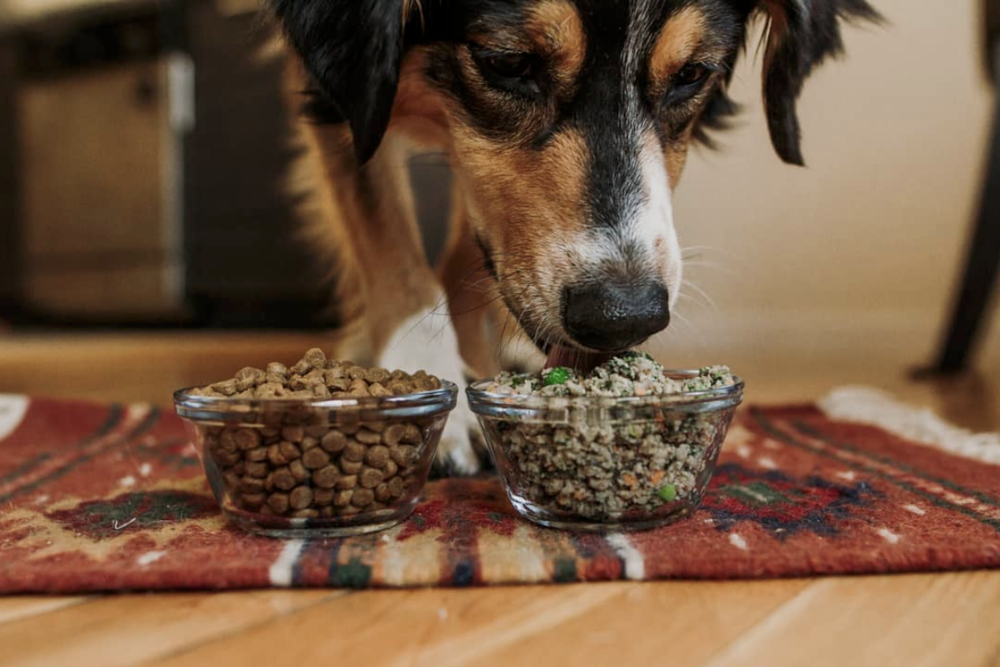
Some manufacturers offer a line of food for dogs without cereals – guided by a holistic approach in the diet of dogs, which are not used to eating cereals in nature. Therefore, they think that dogs’ digestive tract is not fully adapted to the digestion of cereals. It is much more important to emphasize that some dogs have problems with allergies caused by cereals. Certainly, foods that contain grains are not so bad for the dog – especially when you keep in mind that well-known manufacturers additionally process grains to make them more digestible for dogs. However, if your dog has hair problems, scratching, etc. – the first step is to eliminate grains from the diet. If you feed your dog granules – make sure to provide him with enough drinking water.
Tip Plus: Water Should Always Be Available
Granules are dehydrated and as such, they draw water. Therefore, the dog can dehydrate if there is not enough water – and eating granules can only make the condition worse. However, you should not worry about that as long as the water is always available – the dog will drink as much water as he needs.


